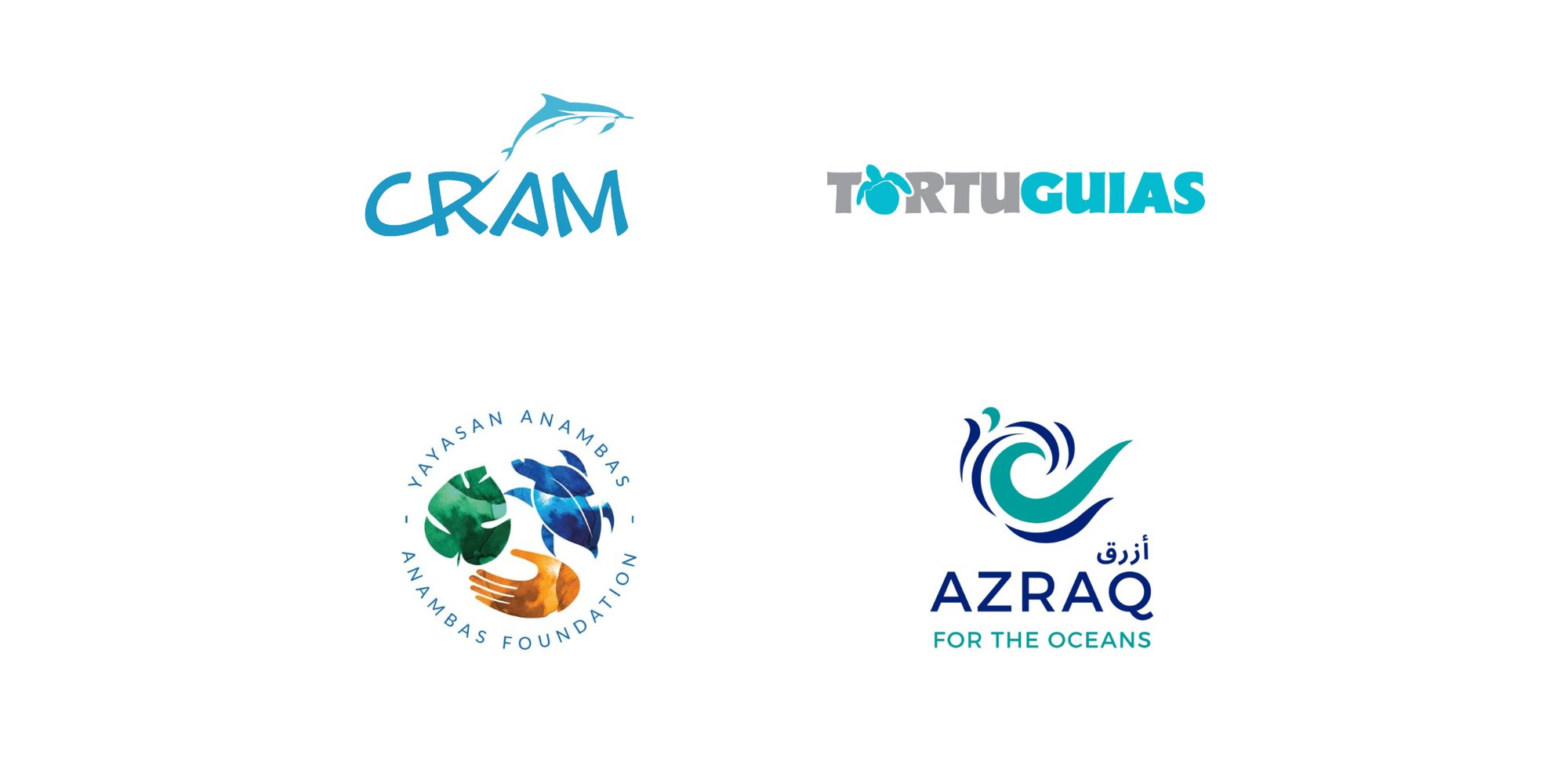| Sustainability | Maritime shipping today accounts for less than 3% of global greenhouse gas emissions, but as the world transitions to renewable energy, there is a danger that shipping’s share of global greenhouse gas emissions will increase.
X-Press Feeders recognises that we need to play our part, and we know that you too want to reduce your carbon footprint for a sustainable future. |
Let’s embark on this journey together.
| The steps ahead | X-Press Feeders has set the goal of being Net Zero by 2050. Yes, we have big shoes to fill.
We are fully aware that to achieve our sustainability goal, we cannot wait. Steps need to be taken today. Each year X-Press Feeders plans to achieve more than a one percentage point reduction in our total greenhouse gas emissions. |
| Big Steps Already |
1st green methanol-powered ship built in China (delivery to X-Press Feeders in Q1 2024) 1st container feeder operator to use green methanol-powered ships (Q1 2024) 1st feeder network in Europe to deploy green methanol-powered ships (Q3 2024). |
 |
We have 14 dual-fuel ships on order for delivery between Q1 2024 to mid-2026. Our dual-fuel ships emit approximately 65%* less greenhouse gases as compared to ships operating on conventional fuel *in terms of main engine propulsion |
99% of our greenhouse gas emissions come from the fuel our vessels consume, so the focus of our decarbonisation strategy is to use more sustainable marine fuels, such as green methanol, and also reduce our vessels’ overall fuel consumption.

Investing in sustainable fuels |
We lead the way as the first feeder operator to commit to operating vessels using green methanol. A firm contract is in place for supply of green methanol to fuel our vessels. With that said, we are exploring other green and lower emission alternative fuels. |
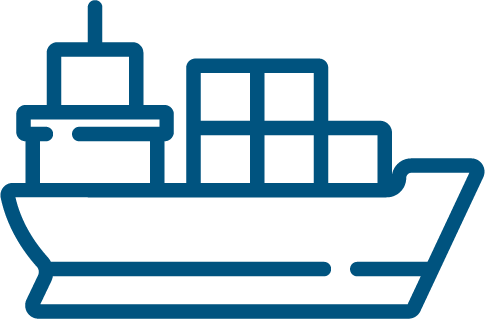
A younger, more efficient fleet |
Sixty percent of our vessels are below five years. Newer vessels have around 50% less emissions than older vessels due to newer technology which results in better engine performance, improved hydrodynamics, and optimised hull design. |

Other strategies |
|
Other steps to minimise
environmental impact
Besides reducing our greenhouse gas emissions, we are also working to reduce our impact on marine life.
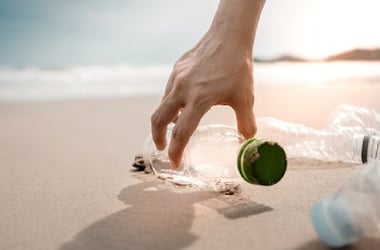
Plastics - minimise the use of plastic in offices and on vessels.
Minimising disposable plastics used on our vessels and encouraging our suppliers to reduce the use of plastic packaging.
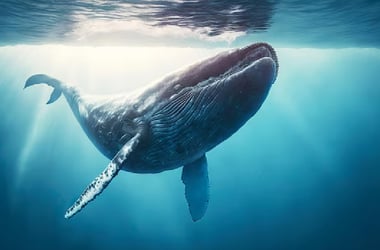
Whales – mitigate whales colliding with our vessels
To slow down operated and non-operated vessels and to take precautions when entering areas where whales feed and breed. Crews are required to report any incidents involving whales to the International Whaling Commission.
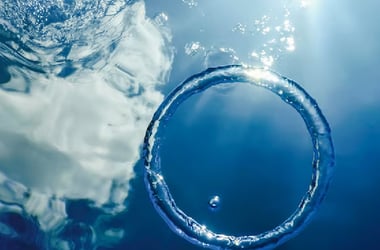
Ballast water - require all ship ballast water to be treated
By 2024, all our ships will have a standard Ballast Water Treatment System (BWTS) that combines initial filtration with an enhanced form of UV treatment to remove unwanted organisms, keeping within stipulated limits.
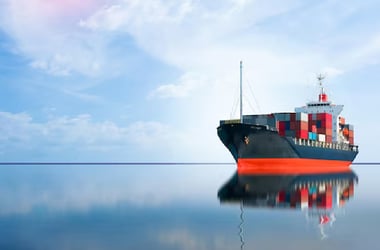
Ship recycling – taking steps to see that our vessels are recycled in future.
We support The Hong Kong International Convention for the safe and environmentally sound recycling of ships, a convention overseen by the International Maritime Organisation.

How a few cents,
makes a lot of sense.
Our dual-fuel containerships are powered by green methanol.
Green methanol is costlier than conventional marine fuel. We all have to pay a price to be sustainable, but we believe this is a small price to pay. Here’s why.
One TEU (twenty-foot equivalent unit) shipping container is large enough to transport 4,000 pairs of running shoes. Powered by green methanol, our dual-fuel vessel deployed on our Rotterdam-Baltic States service would reduce CO2e emissions by up to 65%. The additional shipping cost equates to 2.5 Euro cents for each pair of shoes. That’s almost no cents for something that makes a lot of sense – a big reduction in your and your customer’s carbon footprint.
Our other ESG pillars

Social
Our social pledge to the community is to help educate the most vulnerable children living in poverty so they can have a brighter future. We support several charities, at which employees also volunteer.

Economic & Governance
The company has a responsibility to our stakeholders and employees to ensure the business continues to be a ‘going concern’, whilst abiding by a high standard of compliance, governance, and risk management.
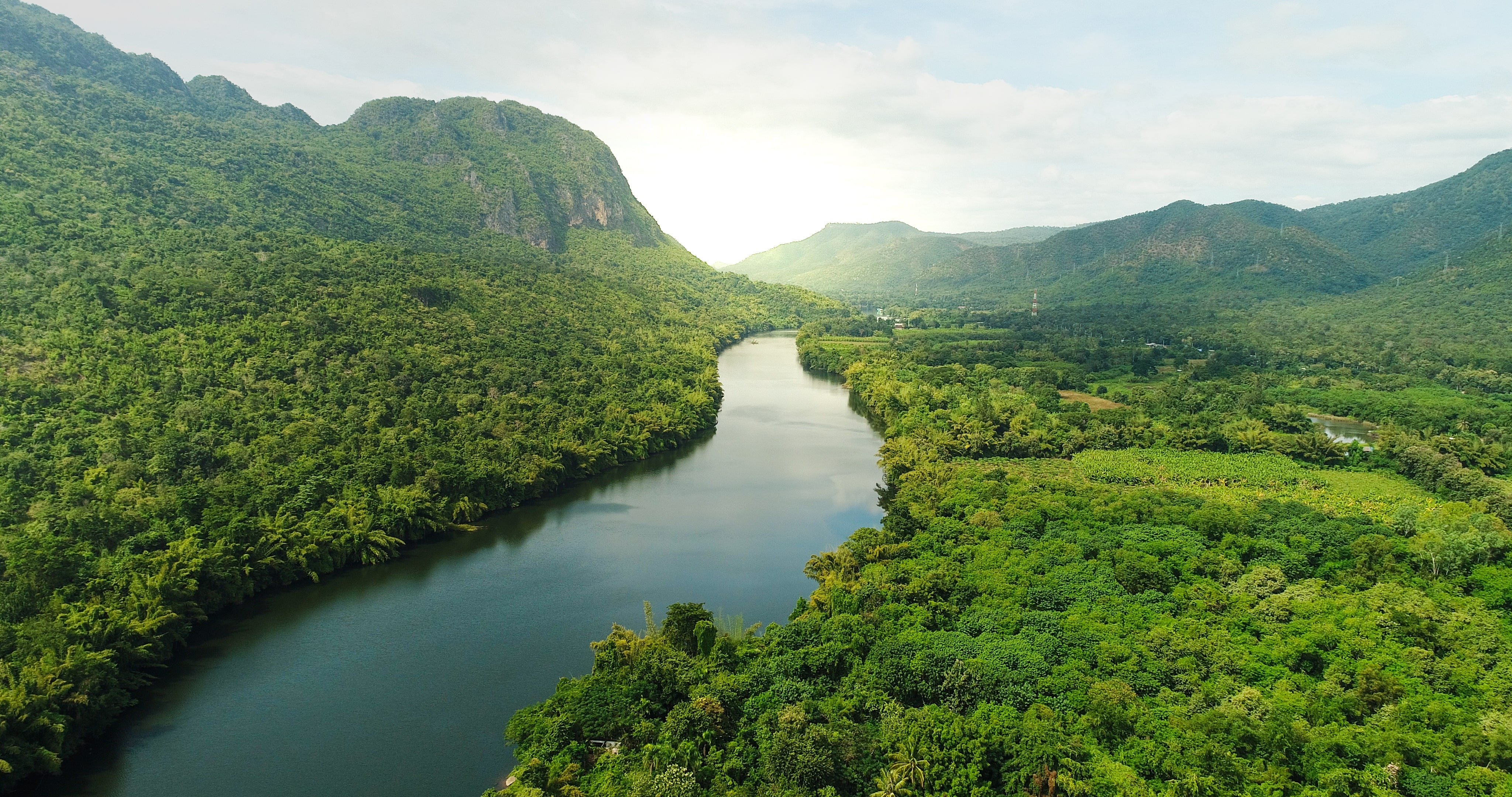
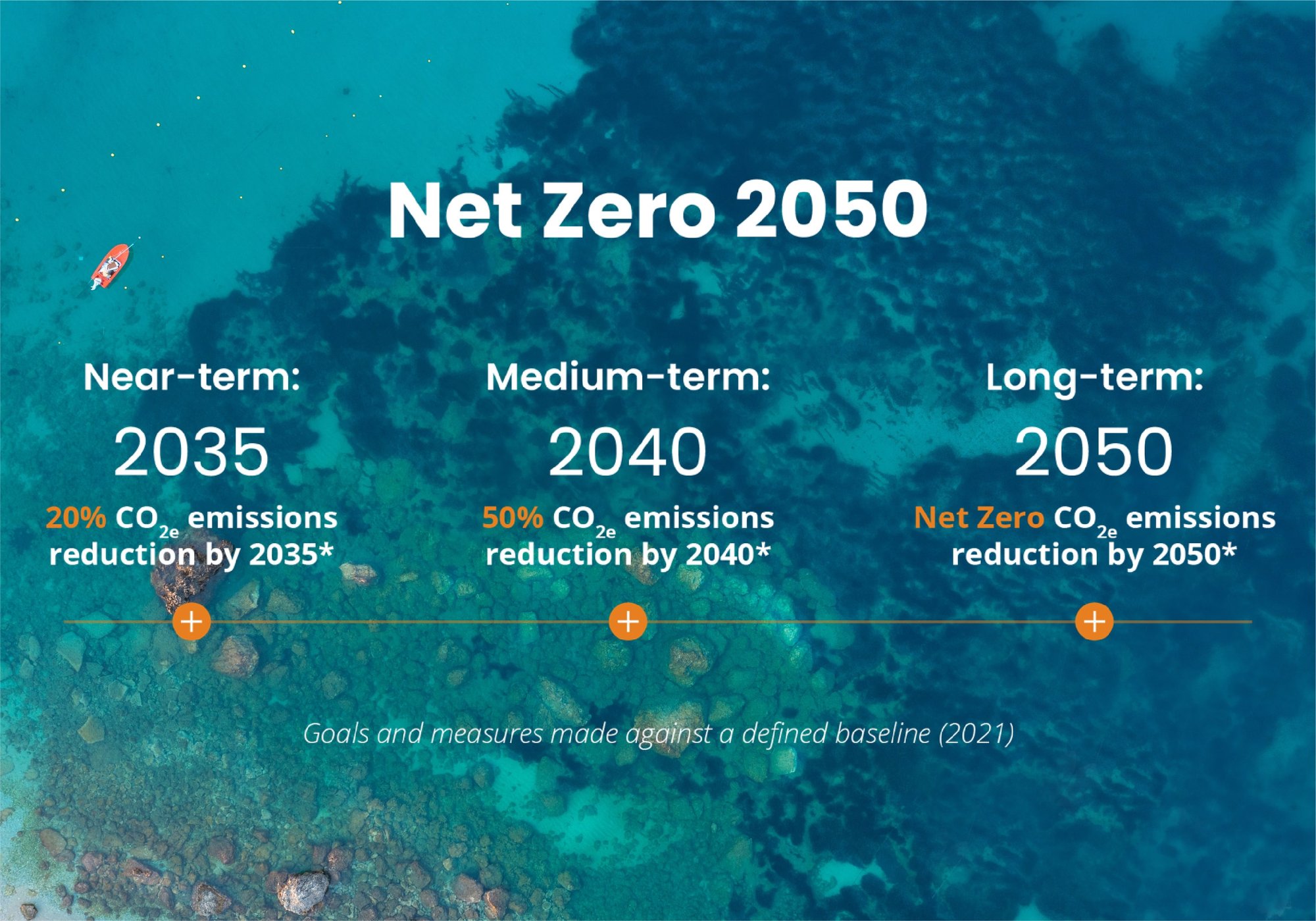
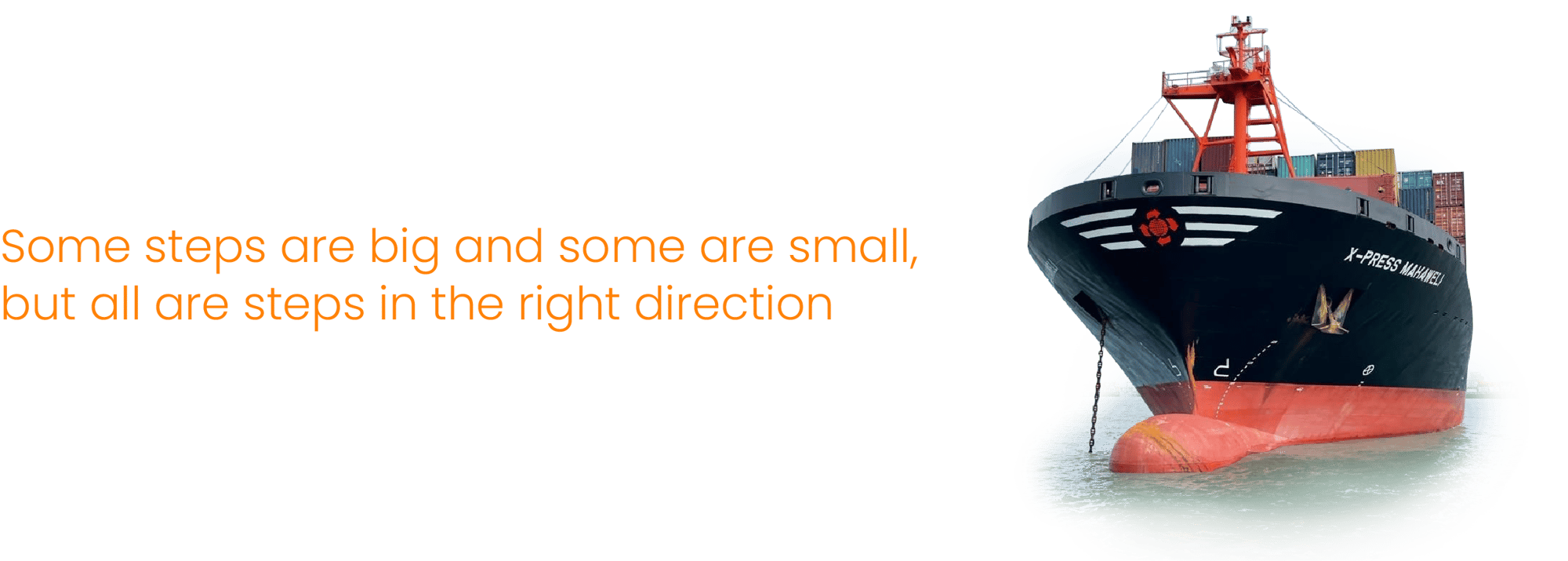
.png?width=1774&height=2000&name=Asset%208%20(1).png)

